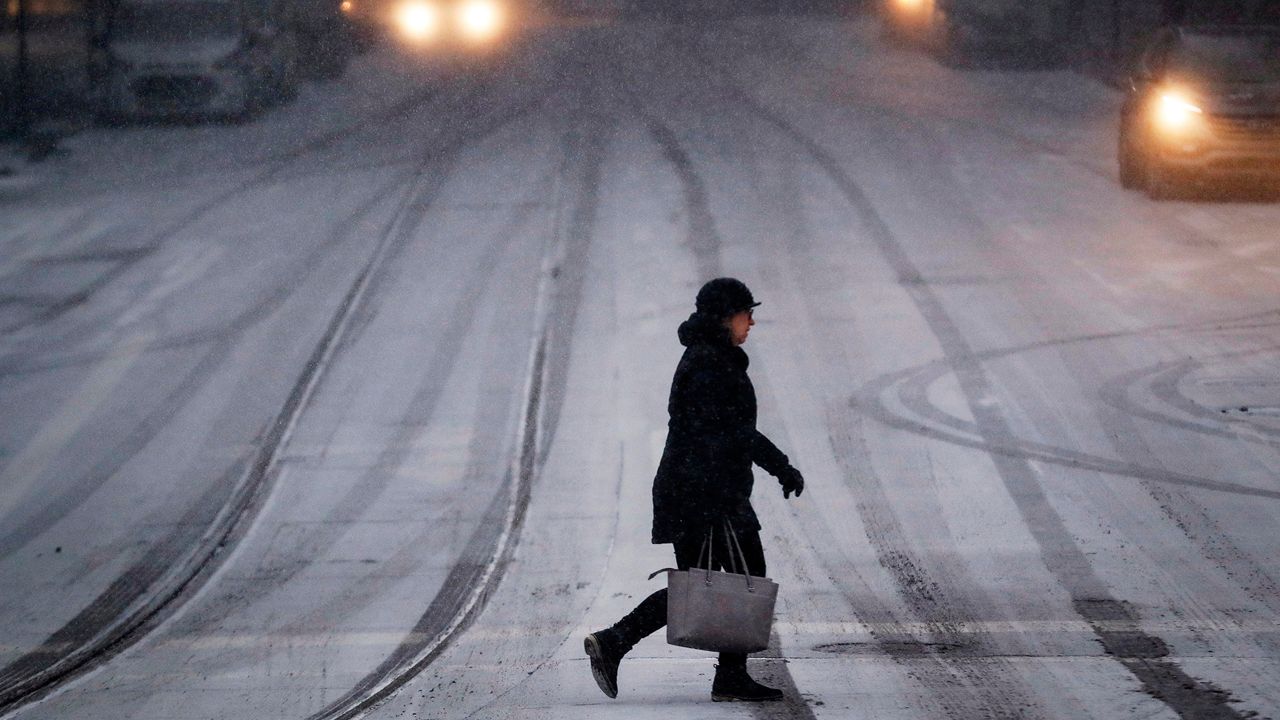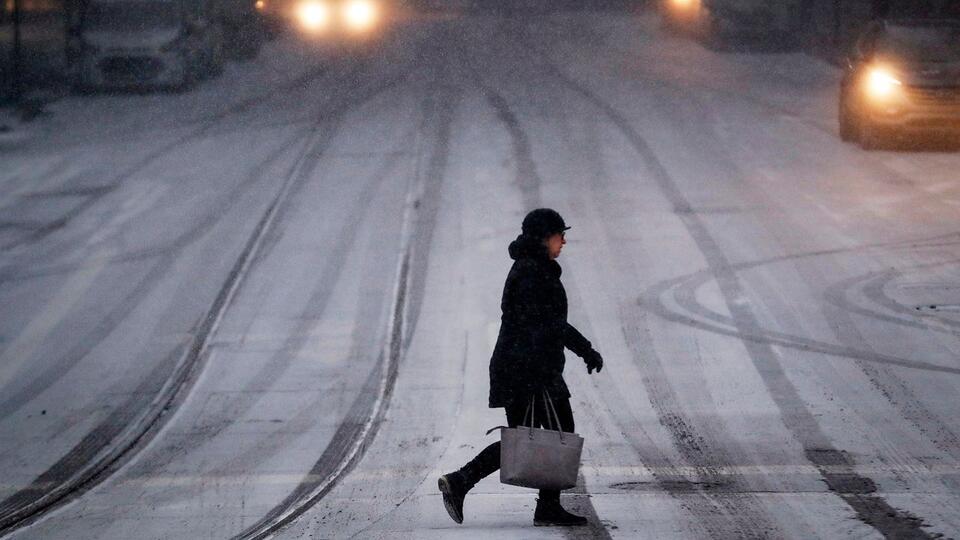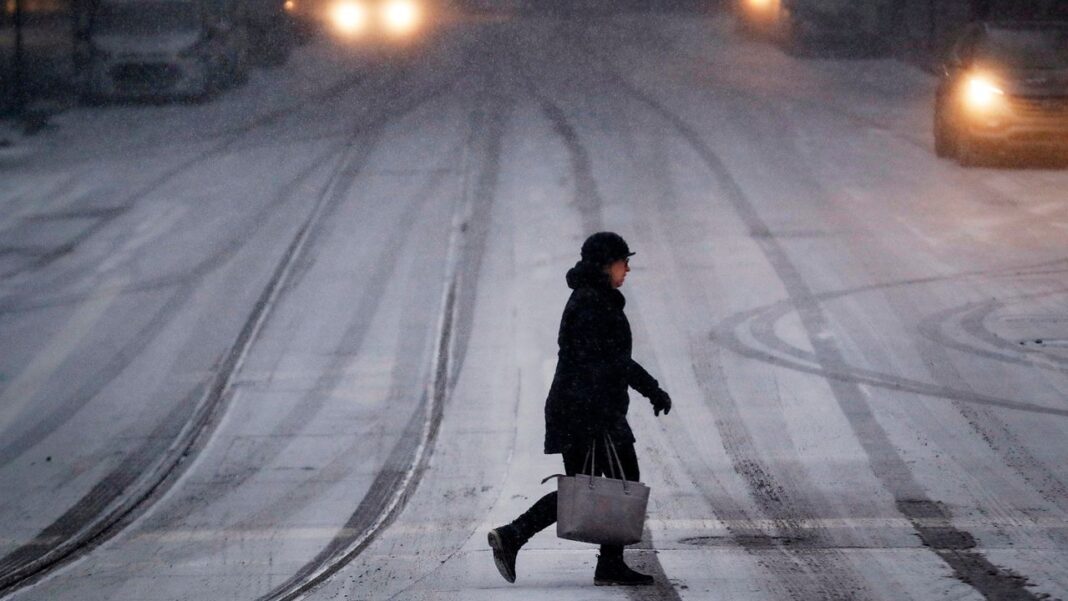“Winter Blues Hit Wisconsin Businesses: A Season of Challenges Ahead”
As the calendar flips to March, Wisconsin’s winter wonderland is slowly melting away, leaving behind a trail of bare trees, snowless sidewalks, and a looming question: what’s next for the state’s businesses that rely on the cold-weather months to stay afloat? For many entrepreneurs across the state, the winter season is the bread and butter of their operation – whether it’s skiing resorts, snowmobile tours, or cozy bed and breakfasts.

Winter Wonderland Shrinking

Wisconsin businesses that rely on the traditional winter season are feeling the pinch as a recent trend of shorter, less snowy winters takes hold. This shift in weather patterns has a direct impact on businesses involved in winter tourism, recreation, and other industries closely tied to the availability of snow and ice.

Anecdotal Evidence
Melissa Martinez, director of the Washburn Area Chamber of Commerce, a community heavily reliant on winter tourism, shared her observations. “This year we’ve had a little bit more snow but it was still a really short season,” she said. “It’s not as great as we’d like it to be but it was a tad better than last year.”
This sentiment is echoed by other business owners across the state. Local ski resorts, ice fishing outfitters, snowmobile rental companies, and winter clothing stores are all experiencing the consequences of a shrinking winter season.
Diversification is Key: Finding New Avenues for Success

In the face of this challenge, Wisconsin businesses are exploring innovative strategies to mitigate the effects of a shorter winter season.
Year-Round Attractions
Many businesses are diversifying their offerings by developing year-round attractions and activities. Ski resorts are investing in mountain biking trails, zip lines, and other summer activities.
Local communities are also promoting their cultural attractions, historical sites, and culinary experiences to attract visitors during the off-season.
Attracting Visitors Off-Season
Marketing campaigns are being tailored to appeal to visitors interested in exploring Wisconsin’s natural beauty and cultural gems year-round.
This shift toward year-round programming requires significant investment, planning, and adaptability.
Beyond the Snow: Cultivating a Sustainable Future
The trend of shortened winters underscores the importance of diversifying the local economy beyond industries that are heavily reliant on winter conditions.
Investing in Infrastructure and Resources
This diversification strategy involves investing in infrastructure and resources that support year-round growth.
Expanding broadband access, improving transportation networks, and promoting entrepreneurship are key components of this approach.
Community Collaboration and Innovation
Cultivating a culture of community collaboration and innovation is essential to adapting to a changing climate.
This includes fostering partnerships between businesses, government agencies, and educational institutions to develop sustainable solutions.
The Political Landscape: How Policy Decisions Impact Wisconsin Businesses
SNAP Changes and Their Ripple Effect
The Trump administration has signaled its intent to target the Supplemental Nutrition Assistance Program (SNAP), also known as food stamps, for significant budget cuts.
These proposed cuts could have a ripple effect on Wisconsin families and businesses, exacerbating food insecurity and impacting local economic stability.
SNAP and Local Economic Stability
Many SNAP recipients are already required to work, particularly those who are able-bodied and under the age of 54.
“If you are age 16 to 54 and able to work, you will probably need to meet the general work requirements to get SNAP benefits,” according to the SNAP website. “The general work requirements include registering for work, participating in SNAP Employment and Training or workfare if assigned by your state SNAP agency, taking a suitable job if offered, and not voluntarily quitting a job or reducing your work hours below 30 a week without a good reason.”
However, the proposed cuts could further restrict access to SNAP benefits, potentially leading to increased poverty, hunger, and reduced consumer spending, which could negatively impact local businesses.
Trump’s Wisconsin Visits: A Focus on the Economy
Former President Donald Trump has made numerous visits to Wisconsin, a key battleground state in recent elections.
His visits often focus on economic issues, particularly those that resonate with working-class voters.
Conclusion
safe

